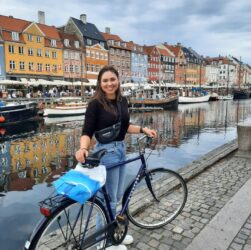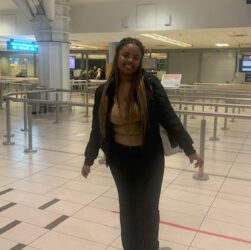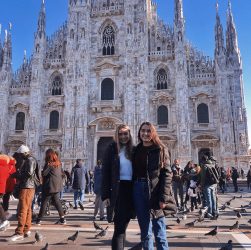Suzaan Hobson MSc in Food and Nutrition Semester Exchange in the First Semester, 2022 at Wageningen University Pre-departure: From the …


Suzaan Hobson MSc in Food and Nutrition Semester Exchange in the First Semester, 2022 at Wageningen University Pre-departure: From the …

Adrienne Hendricks LLB Student Semester Exchange in the Second Semester, 2022 at the University of Amsterdam Pre-departure: The pre-departure period …

Pre-departure: Here you should focus on your preparations for your trip abroad. It should include information about the visa application, …